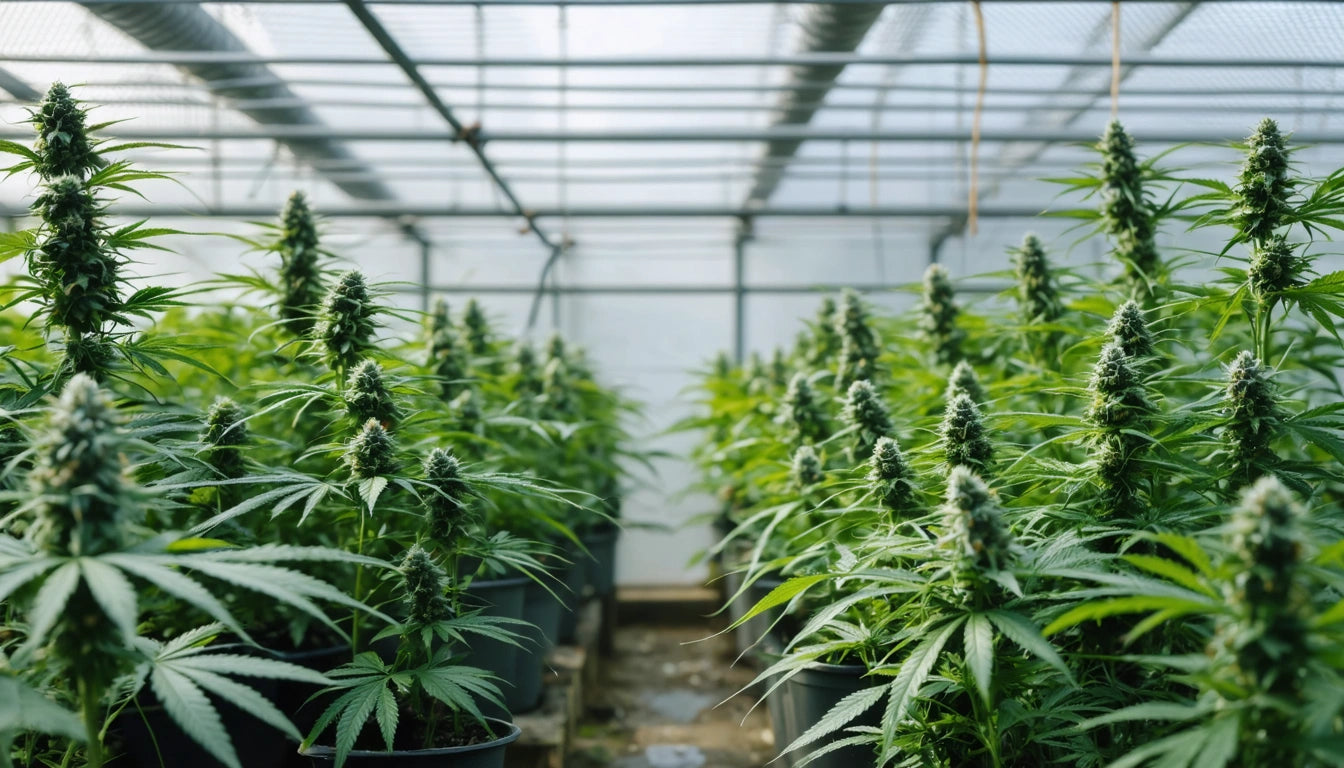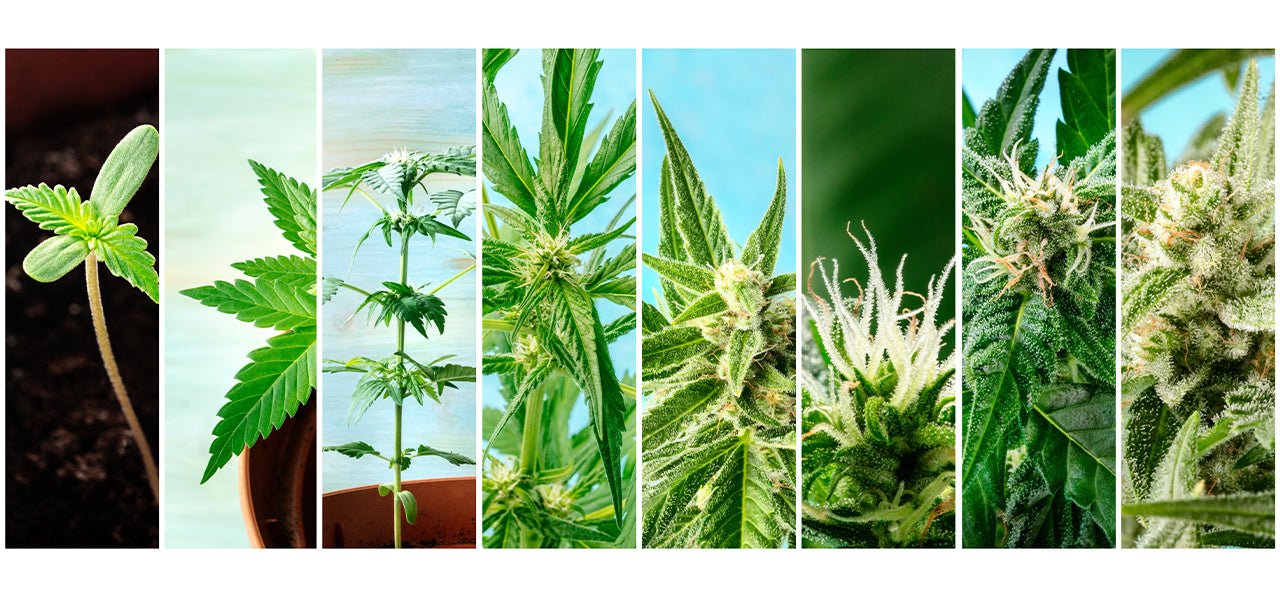Table of Contents
Understanding the Earnings of Pot Farmers: A Comprehensive Guide
The cannabis industry continues to evolve as legalization expands across the United States and globally. One of the most common questions from those considering entering this green rush is: how much do pot farmers make? This comprehensive guide examines the earning potential across different cultivation roles, market factors affecting income, and realistic expectations for those looking to grow cannabis professionally.
Income Ranges in Cannabis Cultivation
Cannabis cultivation offers varying income levels depending on experience, responsibility, and market position. According to industry data, the salary ranges typically fall into these categories:
- Entry-Level Cultivation Technicians: $30,000 - $40,000 annually
- Mid-Level Growers: $40,000 - $60,000 annually
- Master Growers/Cultivation Directors: $80,000 - $120,000+ annually
- Cultivation Business Owners: Highly variable, from losses to millions annually
These figures represent base compensation and don't account for potential bonuses, profit-sharing, or equity arrangements that many cannabis operations offer to key cultivation staff. As detailed in this analysis of cannabis grower earnings, compensation packages often include performance incentives tied to harvest quality and yield.
Factors Influencing Cannabis Farmer Earnings
Market Location
Geographic location significantly impacts how much pot growers make. Mature markets like Colorado and California have seen price compression affecting grower wages, while emerging markets often pay premium rates to attract experienced talent. Rural cultivation operations typically offer lower compensation than facilities near urban centers, though living costs differ accordingly.
Operation Scale
The size and scale of a cultivation operation directly correlate with earning potential. Small craft operations may offer modest salaries but provide greater autonomy and potential equity. Large-scale commercial grows typically offer higher base salaries but may have more corporate structures and less flexibility.
Cultivation Method
Specialized growing methods command different pay scales. Indoor cultivation experts typically earn more than greenhouse or outdoor growers due to the technical expertise required. Knowledge of advanced techniques like living soil systems or automated hydroponic setups can increase earning potential by 15-25%.
Operational Costs and Profit Margins
Understanding how much a pot farmer makes requires examining the business costs that affect net profit. Cultivation operations face substantial expenses that impact overall profitability:
- Facility costs (rent, mortgage, utilities)
- Equipment and technology investments
- Nutrients, growing media, and agricultural inputs
- Labor costs beyond the primary grower
- Compliance and testing expenses
- Packaging and processing costs
Regulatory requirements add significant operational costs, including specialized safety packaging requirements for cannabis products that protect consumers while adding to production expenses. These safety measures are essential but represent just one of many compliance costs cultivation businesses must manage.
Profit margins in cannabis cultivation typically range from 15% to 30% for well-run operations, though this can vary dramatically based on market conditions and business efficiency. This guide on cannabis costs and values provides deeper insight into the economic factors affecting cultivation profitability.
Career Progression and Earning Potential
The career path for cannabis cultivators offers several advancement opportunities that directly impact earnings:
Entry to Expert Progression
Most successful cultivators begin in entry-level positions like trimming or plant maintenance before advancing to assistant grower roles. With experience, growers can specialize in particular cultivation methods or plant stages, eventually reaching master grower status. This progression typically takes 3-5 years and can increase earnings by 100-200% from starting wages.
Education and Certification Impact
Formal education in horticulture, agriculture, or cannabis-specific programs can accelerate career advancement and earning potential. Industry certifications, while still developing in standardization, increasingly influence hiring decisions and compensation packages for cultivation professionals.
Understanding yield optimization techniques is particularly valuable, as many operations tie compensation to production metrics and efficiency.
Legal Market Comparison: State-by-State Analysis
How much pot farmers make varies significantly across different legal markets:
- California: High competition has compressed wages, with mid-level growers averaging $45,000-$65,000 annually
- Colorado: Mature market with stabilized wages, typically $50,000-$70,000 for experienced growers
- Illinois: Newer market with higher wages to attract talent, often $55,000-$80,000 for comparable positions
- Oklahoma: High license volume but lower wages, typically $35,000-$55,000 for mid-level positions
Market maturity plays a crucial role in wage determination. Newer markets often offer higher compensation to attract experienced growers, while established markets see more wage standardization and sometimes compression as competition increases.
Future Earning Projections in Cannabis Cultivation
Several factors will shape future earnings for cannabis cultivators:
- Federal Legalization Impact: Potential federal reform could open interstate commerce, likely benefiting large-scale operations while creating competitive pressure on smaller grows
- Agricultural Integration: As cannabis normalizes as an agricultural crop, wage structures may align more closely with traditional farming, potentially reducing premium compensation
- Technological Advancement: Automation and cultivation technology may reduce labor needs while increasing the value of technical expertise
- Specialization Premium: Cultivators with specialized knowledge in emerging areas like terpene optimization or genetic development will likely command higher earnings
For those considering cannabis cultivation as a career, developing specialized expertise and business acumen will be increasingly important to maximize earning potential in this evolving industry. Understanding both the agricultural science and business fundamentals will position cultivators for sustainable success beyond the initial green rush phase.











Leave a comment
All comments are moderated before being published.
This site is protected by hCaptcha and the hCaptcha Privacy Policy and Terms of Service apply.